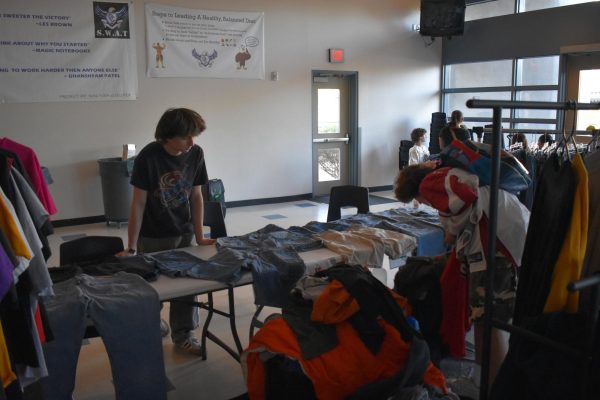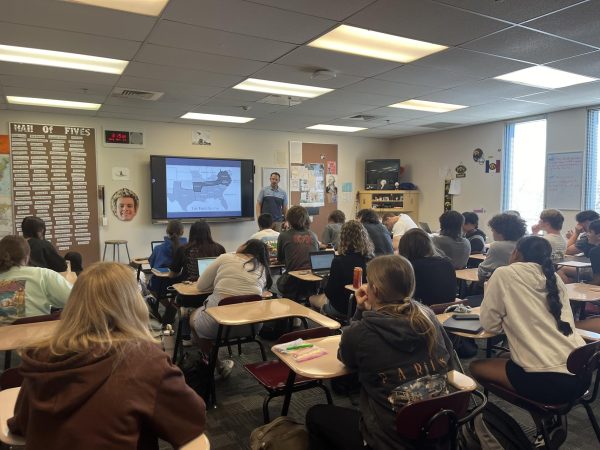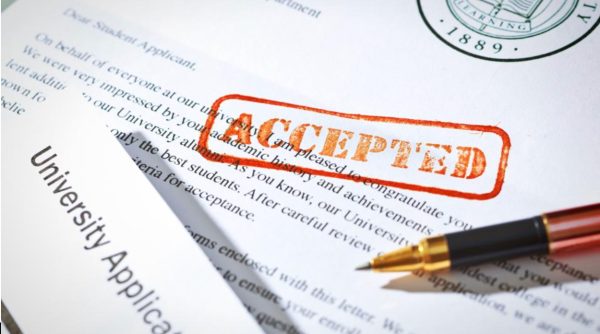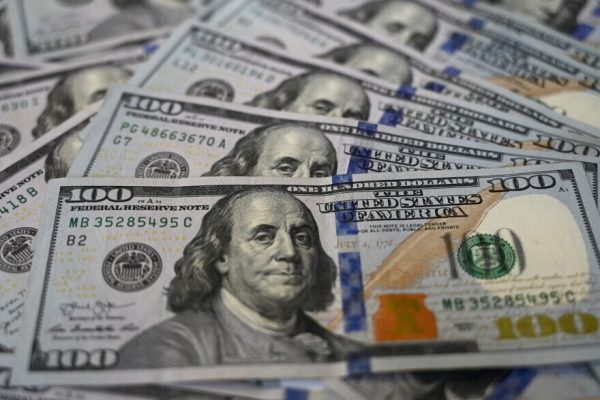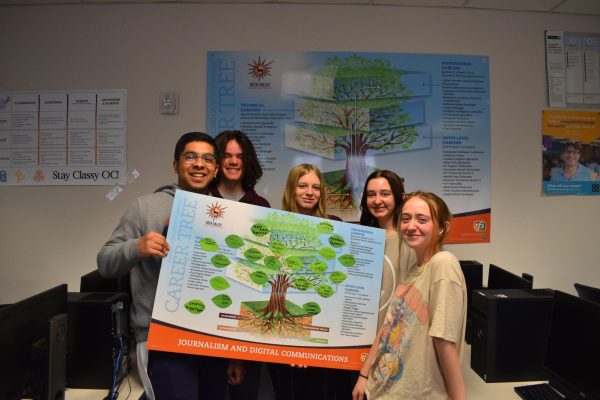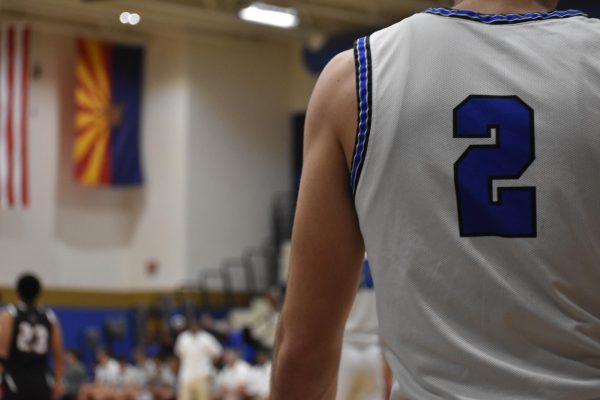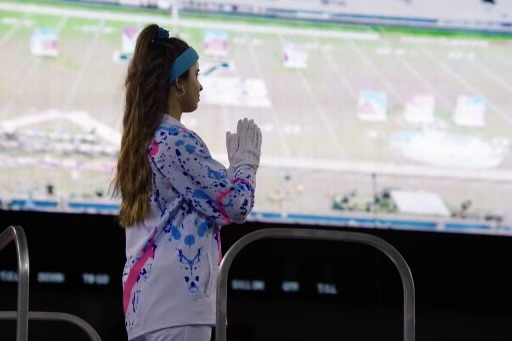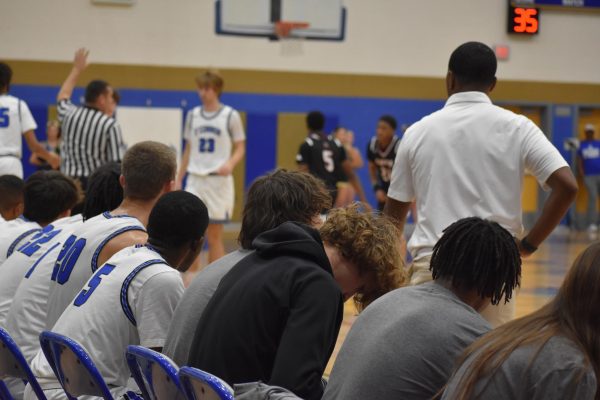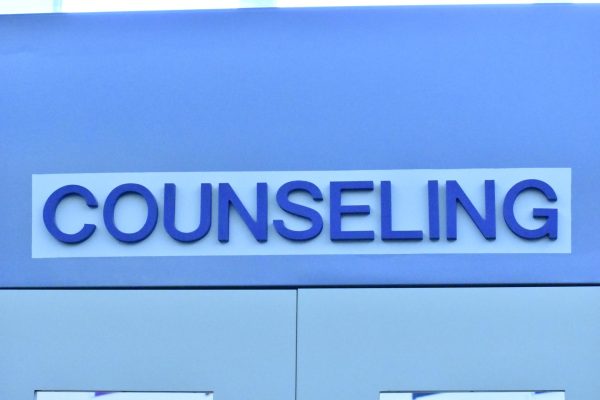Living in fear: anti-Asian hate crimes significantly rise
April 12, 2022
Since 2020, attacks on the Asian community, especially East and Southeast Asian communities, have increased exponentially due to the COVID-19 pandemic. With these attacks continuing throughout the last two years, here is what OHS students have to say about it.
“I just started getting really scared going outside, especially for my grandparents since they were the weaker target,” said Victoria Le, junior. “People started calling me a lot of bad names.”
Le is of Vietnamese heritage and was raised in Arizona. Growing up here, many kids, including Le, experienced being alienated by fellow classmates.
“I was trying so hard to not show my culture,” Le said. “It’s the fear of people making fun of us, looking down on us and what we do.”
Being of a different culture in another environment can cause people to be alienated by their peers, leading to feelings of insecurity about one’s identity.
“When I first moved here my English was not that good and I feel like that made other people look down on me,” said Kelly Choi, junior.
While different people of all ages in the Asian community were attacked, Asian elders were the easier and weaker targets. Whether it was on the sidewalk or in the stores, elders were severely and repeatedly assaulted.
“My grandparents moved here for a better life and for them to live in fear in their country that promised to protect us, it’s just really sad to think about,” Le said. “I can’t even protect them.”
Big cities like New York City became hotspots for attacks like this. According to the Center for the Study of Hate & Extremism, the percentage of change in anti-Asian hate crimes between 2019 to 2020 in New York City alone was 883%.
“I was about to go to New York and that’s where the rates were really high…There were attacks on the subways,” Choi said. “Once the attacks got worse, even in daylight in the middle of the city people were just getting attacked…We couldn’t really do anything.”
Despite being a city with many people, meaning many witnesses, the number of safe spaces continually decreased. Attacks became a common occurrence, with many people killed because of them.
“It made me insecure, even though I had my mask on I felt like people were looking at me…People thought we were a disease or something,” Choi said. “People were getting killed…they were just walking.”
Stepping outside and simply conducting everyday responsibilities became a luxury that many members of the Asian community were stripped of.
“You don’t know who’s out to get you,” Le said. “People just want to put blame on someone.”
Many people believe the upcoming generations are slowly becoming more knowledgeable and accepting of other marginalized and minority communities.
“Since our generation is getting older it is getting better,” Le said. “We’re more open-minded.”
Despite these positive changes in our generation’s mentalities, many feel that it is important to continue to push for further education and acceptance of all communities.
“There should be more education on cultures and racism,” Choi said.
As expressed by members of the Asian community, their cultural identity is not something that should be used against them.
“We’re just so stuck on ourselves; we’re not that open to other cultures,” Le said. “We’re still human.”





